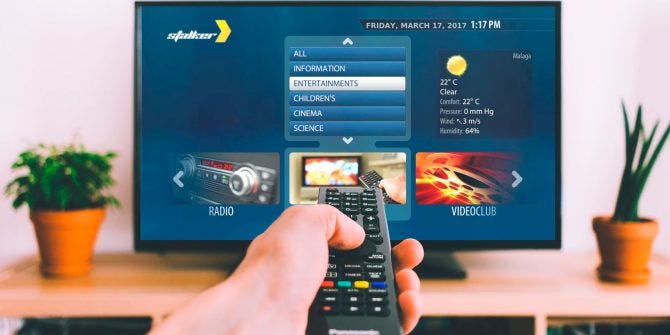Introduction:
The landscape of television has undergone a significant transformation with the rise of Internet Protocol Television (IPTV Gen Play Kodi), challenging the traditional dominance of Cable TV. This detailed comparison aims to dissect the strengths, weaknesses, and distinguishing features of both IPTV Gen Play Kodi and Cable TV to help consumers make informed decisions based on their preferences and needs.
Content Delivery Mechanism:
Cable TV relies on physical infrastructure, transmitting television signals through coaxial cables to homes. In contrast, IPTV Gen Play Kodi utilizes the internet protocol to deliver content, allowing users to stream videos over a broadband connection. The difference in delivery mechanisms impacts factors such as signal quality, scalability, and flexibility.
Channel Variety and Customization:
Cable TV traditionally offers a fixed set of channels bundled in predefined packages. In contrast, IPTV Gen Play Kodi provides more flexibility by allowing users to choose specific channels or opt for on-demand content. This customization feature is a significant advantage for IPTV Gen Play Kodi subscribers who seek tailored entertainment experiences.
On-Demand and Interactive Features:
IPTV Gen Play Kodi takes the lead when it comes to on-demand content. Users can access a vast library of movies, TV shows, and documentaries at their convenience. Additionally, IPTV Gen Play Kodi introduces interactive features, enabling real-time engagement with content through applications, polls, and social media integration. Cable TV, while providing some on-demand options, typically lags behind in terms of interactivity.
Cost Considerations:
Cost is a crucial factor for many consumers. Cable TV often involves additional fees for premium channels, equipment rental, and installation. IPTV Gen Play Kodi, on the other hand, may offer more cost-effective solutions, with some services allowing users to pay for only the channels they want, potentially reducing overall expenses.
Device Compatibility:
Cable TV is primarily associated with set-top boxes connected to televisions. In contrast, IPTV Gen Play Kodi offers broader device compatibility, allowing users to stream content on smart TVs, computers, smartphones, and tablets. This versatility caters to the evolving habits of modern consumers who seek flexibility in their viewing experience.
Reliability and Signal Quality:
Cable TV has historically been recognized for its reliability and consistent signal quality. However, IPTV Gen Play Kodi services have significantly improved over time, offering high-definition streaming and reliable connections, especially with the widespread availability of high-speed internet.
Conclusion:
In the IPTV Gen Play Kodi vs. Cable TV debate, each option has its merits and drawbacks. Cable TV maintains a stronghold in reliability and traditional channel packages, while IPTV Gen Play Kodi stands out with its on-demand content, interactivity, and cost-effectiveness. The choice between the two ultimately depends on individual preferences, viewing habits, and the desire for a more personalized entertainment experience.




